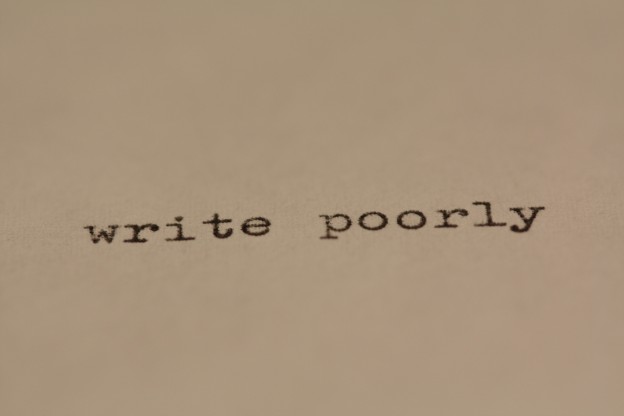“Whatever you do in life, surround yourself with smart people who’ll argue with you.” – John Wooden
These days, the vast amount of content and information at the ready on the Internet gives us access to many smart people, from all industries and walks of life.
Personally, I really enjoy listening to quality interviews either on the radio, online or via podcasts. Not only do they usually feature smart people with interesting stories to tell, but the conversation allows multiple viewpoints, debate and an organic flow of ideas.
Today I’m going to share two inspiring interviews with you, and hope you find them as educational and thought-provoking as I did.
Neil Strauss And Tim Ferriss Talk Writing, Creativity on creativeLIVE
My takeaways:
- The first draft is for you. Follow your passion, allow yourself to write poorly and focus on the flow. I extrapolate this concept and apply it to general brainstorming, composing emails, crafting social copy and content, and drafting blog posts. When you can’t come up with something beautiful or the vibrant colorful descriptions aren’t coming to you, just keep writing and insert the letters “TK” in places to signal spots that you’ll fix later. (TK stands for “To Come.” A “K” is used instead of the “C” because the letters “T” and “K” are never found in English writing, making it easy to go back and CTRL+F all the TKs in the document.)
- Second draft is for the reader. Time to kill your babies if they don’t work.
- Third draft is for the haters. Look for your flaws, weaknesses and other angles. Hater-proof the story.
- Assume no one is interested in what you’re writing about. Then, make them care with good stories and metaphors.
HBR IdeaCast: The Truth About Creative Teams
Sarah Green of the Harvard Business Review’s HBR IdeaCast interviews Leigh Thompson, professor at Kellogg School of Management.
My takeaways:
- Conflict can be good for the creative process, but it needs to be the right kind of conflict, and handled the right way. Good and bad conflict seems a lot like the relationship between eustress and distress on your personal well being, motivation and success.
- Brainstorming sessions need to be quick, with a deadline. I believe in using the same principle for that first-draft flow session of creative writing. It doesn’t necessarily need to be quick, but it needs a deadline for motivation and efficiency.
- When brainstorming, ignore quality and aim for quantity.
- Work alone then go to group. I’ve always unknowingly felt and worked best operating in this fashion. This interview articulated that once-abstract feeling into a sound strategy.
If you enjoyed these pieces, I recommend following the blog of Tim Ferriss and subscribing to the HBR IdeaCast podcast. Also, I originally came across the HBR IdeaCast story when my friend Carey tweeted the link a couple weeks ago. Thank for sharing, Carey!
